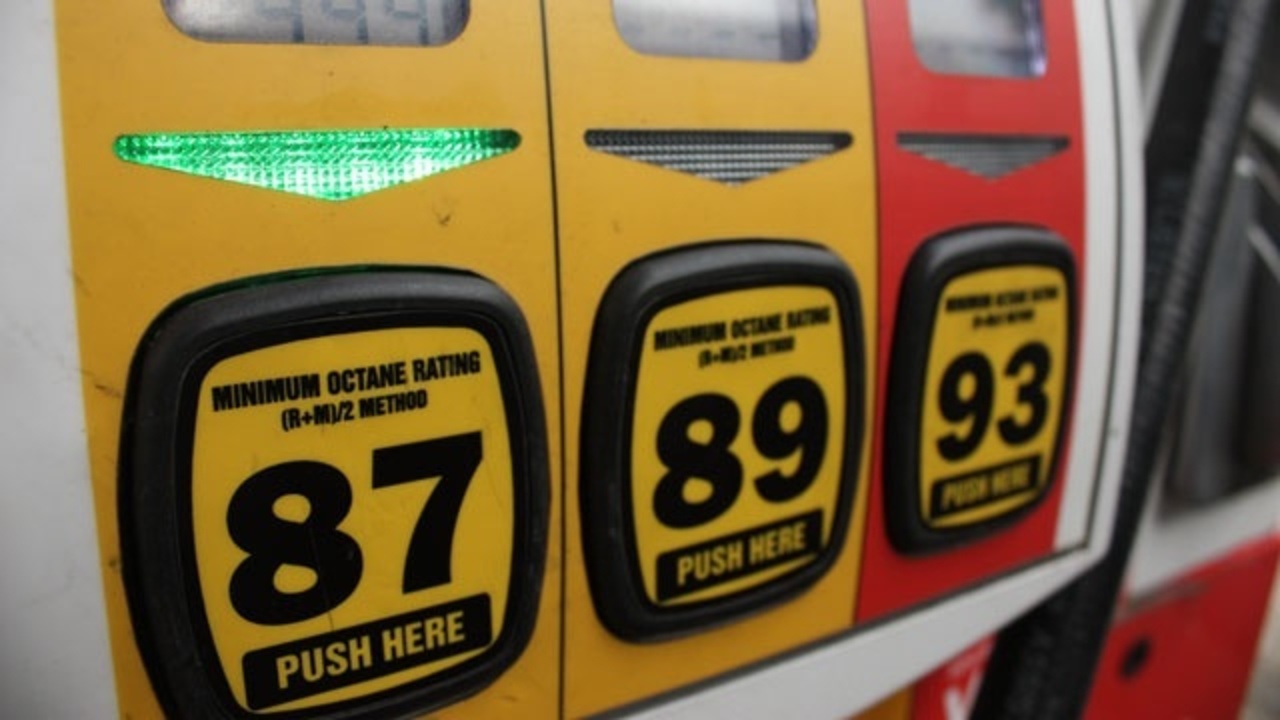By Camille Erickson
Casper Star-Tribune
Via- Wyoming News Exchange

CASPER — Crude prices spiked over the weekend after the U.S. assassinated a top Iranian military official Friday in Baghdad, bringing additional volatility to the oil-rich region.
Brent crude, a global marker for oil, temporarily rose to almost $70 a barrel Sunday. West Texas Intermediate, a U.S. benchmark, exceeded $63 a barrel Sunday, a 3 percent uptick compared to the day before the strike.
The attack, authorized by the U.S., caused oil prices to leap to levels not seen since September, when drones struck a processing plant and oil field in Saudi Arabia.
Rep. Liz Cheney and Sen. John Barrasso both endorsed Friday’s unprecedented attack against Gen. Qassem Soleimani, calling it a necessary defense of American interests and lives.
For Wyoming consumers, the uptick in oil prices could be noticeable at the gas pump. For oil producers, it could be a slight boost for business after months of lukewarm oil prices. But the disruption could also pass relatively quickly, as long as Iran does not dramatically disrupt international oil supplies, several analysts explained.
“(The U.S.) produces more oil than Saudi Arabia, we’re the No. 1 producer in the whole world, so it doesn’t have as much of an effect as you might think,” said Mark Watson, supervisor for Wyoming’s Oil and Gas Conservation Commission.
Technological advancements and investment in hydraulic fracturing and horizontal drilling catapulted the U.S. into the upper echelons of oil producers internationally.
Ryan McConnaughey, communications director for the Petroleum Association of Wyoming, said he would be closely monitoring the situation, but remains confident in the country’s energy independence.
“While a sustained disruption to the market would have a greater impact on oil prices, if this remains an isolated incident we expect oil prices to correct themselves in short order,” he said in a statement. “America’s shale boom has decreased American’s dependence on foreign sources of oil and mitigated some of the impacts an event like this may have had in previous years.”
Wyoming is the eighth-largest oil producer in the U.S. The state’s oil production makes up a relatively small portion of nationwide oil supply, at least when compared to hot spots like the Permian Basin, which stretches across Texas and New Mexico, or the Bakken Formation in North Dakota. Wyoming contributes just 2 percent to the nation’s crude oil supply. In comparison, Texas supplies 37 percent, according to the Energy Information Administration.
It’s too soon to tell if the recent geopolitical upheaval could fuel more drilling in Wyoming, Watson said. For now, the price spike isn’t enough to instigate additional oil activity.
“If it seemed to be a long-term (trend), people may be jumping into (drilling), but as of right now, I don’t see anyone doing anything major,” he explained.
Watson said he’s “waiting for the shoe to drop,” to see how Iran responds.
Though the U.S. no longer relies on importing oil produced in the Persian Gulf for its energy needs, the escalation of geopolitical tensions in the region could still have ripple effects felt in Wyoming — especially if American interests or oil suppliers abroad are targeted, analysts said.
“This is a pretty unprecedented strike,” said Jim Krane, an energy analyst at Rice University’s Baker Institute. “The risk in oil is that there is a very strong chance that Iran is going to retaliate for the loss of this leading general.”
There are a “massive number” of potential targets for a retaliatory attack, Krane noted, from oil fields and crude processing facilities to pipelines and critical routes, like the Strait of Hormuz.
“If you think about how Iran might respond, one of the safest ways to respond without attracting another really massive attack or all out war is by hitting oil infrastructure and disrupting oil trade,” he added.
But as long as a strike does not disrupt global oil supply, any follow-up price spikes in oil will likely be short-lived.
The strike came just months after about half of Saudi Arabia’s oil infrastructure was temporarily wiped out in September. The attacked removed roughly 5 million barrels of oil a day from the market. But oil prices returned to previous levels shortly after.
The cause of the attack in Saudi Arabia is still debated, but some U.S. officials blamed Iran and Iran-backed militia groups for it. Iranian President Hassan Rouhani denied the allegations.






